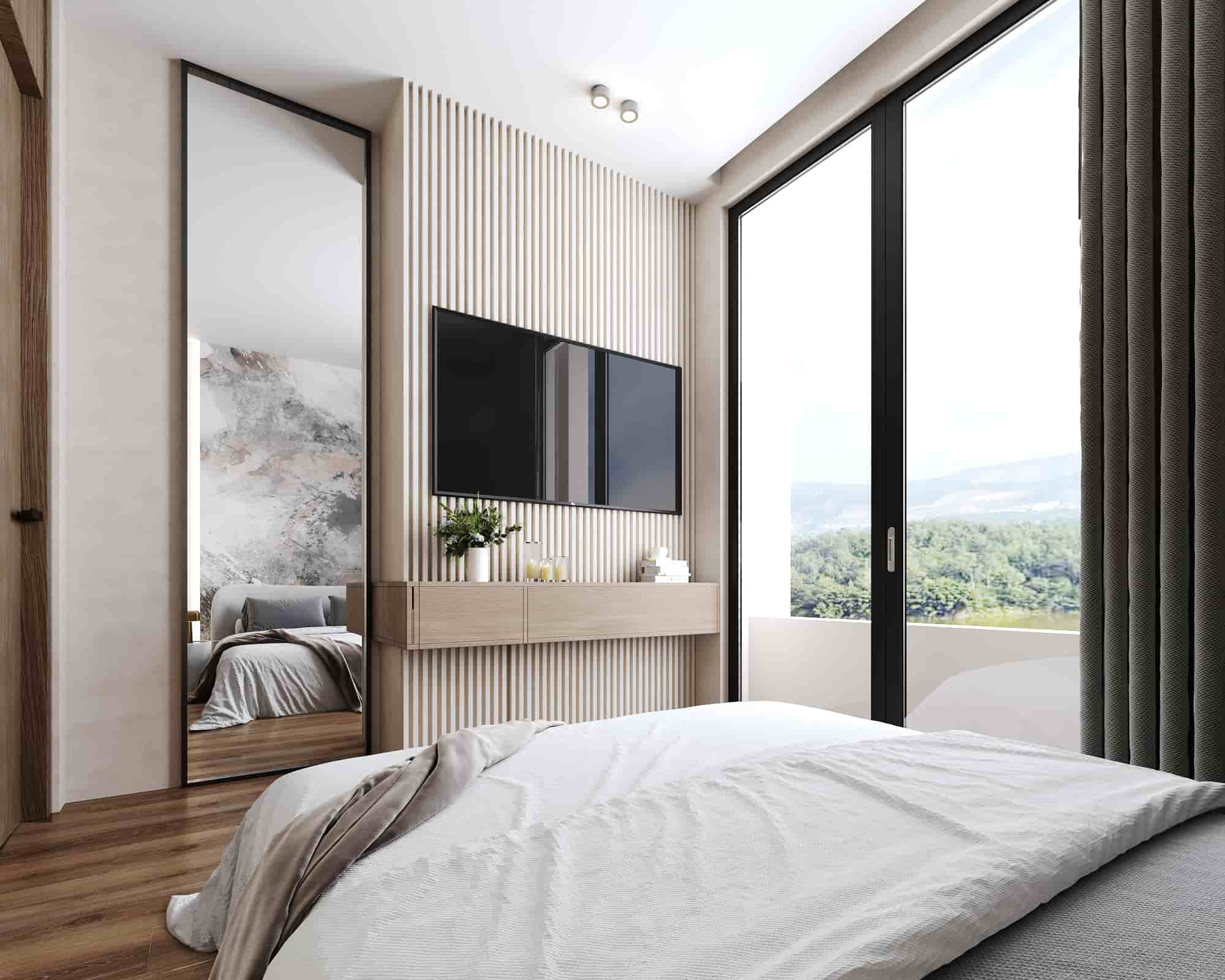
Buying your first home in Ghana feels like standing at the edge of possibility, exciting yet overwhelming. With property values appreciating 5-10% annually in prime Accra areas and Ghana’s economy surging with 6.3% GDP growth, the real estate market offers tremendous opportunities. However, navigating this dynamic landscape requires expertise, transparency, and trusted guidance, exactly what VAAL provides first-time home buyers.
What should I budget for my first home purchase in Ghana?
Smart budgeting forms the foundation of successful home buying. Apply the 5x annual income rule for Ghana’s current high-interest environment, ensuring your total property investment doesn’t exceed five times your yearly earnings. Beyond the purchase price, budget an additional 15-20% for closing costs including stamp duty (0.25%-1%), legal fees (2-5% for apartments), and registration expenses.
Current mortgage rates averaging 30.25% make cash purchases increasingly attractive, offering 5-10% negotiation advantages. If financing is necessary, explore VAAL’s flexible payment plans which provide interest-free installments over 6-18 months, a significant advantage over traditional bank mortgages charging 24-28% annually.
Hidden costs include:
- Property valuation: GHS 150-300
- Legal documentation: 5-10% of property value
- Property insurance: Mandatory for mortgages
How do I choose the right location for my first property?
Location determines both lifestyle quality and investment returns. East Legon remains Ghana’s premier residential area with 3-bedroom houses ranging $450,000-$600,000 and impressive 20-25% appreciation since 2020. For first-time buyers seeking optimal value, consider emerging areas like Spintex offering excellent 9-10% rental yields and $150,000-$500,000 property ranges.
VAAL’s strategic developments exemplify smart positioning. Villanova, located 0.8km from Jubilee House, represents Ghana’s first AI-powered luxury community. Meanwhile, Legato Heights in Ridge offers seamless urban living with ocean views.
Key location evaluation criteria:
- Security rating and infrastructure quality
- Proximity to business districts and schools
- Public transportation accessibility
- Future development plans
Research neighborhoods thoroughly, considering your daily commute, family needs, and investment goals.
What legal due diligence must I complete before purchasing?
Legal verification is absolutely non-negotiable in Ghana’s complex land ownership environment. Always conduct thorough Lands Commission searches to verify clear title and prevent costly disputes. Ghana operates under two systems: the advanced Land Title Registration (LTR) in Greater Accra providing state-guaranteed ownership, and Land Deeds Registration elsewhere.
Essential verification steps include certificate searches at Customer Service Access Units (GH¢55.00, 2.5 weeks), official document verification, and survey plan authentication with licensed surveyors. The 2020 Land Act introduces critical updates including mandatory spousal consent for married buyers and enhanced dispute resolution.
VAAL’s commitment to transparency means every property transaction includes comprehensive legal support, ensuring clients avoid common pitfalls like double sales, fraudulent documentation, and inadequate due diligence. Our legal team handles all verification processes, providing peace of mind throughout your purchase journey.
What financing options should first-time buyers explore?
Beyond traditional bank mortgages, several innovative financing solutions exist. The National Housing and Mortgage Fund (NHMF) offers 10-12% rates for public sector workers, representing over 60% savings compared to market rates. USD mortgages provide substantially lower rates (10.5-11.5%) for foreign currency earners, making them attractive for diaspora buyers.
Developer financing emerges as the most flexible option, with VAAL offering extended payment plans and construction-stage payments. Our 0% interest installment programs make luxury properties accessible without traditional mortgage constraints, allowing buyers to spread payments over comfortable timeframes.
100% financing options exist through select banks for qualified applicants, eliminating down payment barriers entirely.
How do I ensure a smooth inspection and closing process?
Professional property inspection protects your investment. Engage certified building inspectors to verify Ghana Building Code 2018 compliance, structural integrity, and electrical systems meeting IEC standards. Basic inspections cost GHS 1,000-2,000, while comprehensive assessments range GHS 2,500-4,000.
During closing, expect 2-6 months total timeline depending on financing complexity. Cash buyers complete purchases in 2-3 months, while financed purchases require 4-6 months.
Why choose VAAL for your first home purchase?
VAAL’s integrated approach combines global expertise with local market mastery, ensuring every client receives personalized attention throughout their buying journey. Our developments like Harmonia Residence and Nirvana Villas exemplify international architectural standards with Ghanaian pride.
Ready to begin your homeownership journey? Contact VAAL’s expert team at 0800 888 888 or visit our Airport City showroom for personalized guidance. With transparent processes, flexible financing, and proven track record serving over 500 satisfied clients, VAAL transforms first-time buying dreams into reality.
Frequently Asked Questions
1. What’s the minimum down payment required for first-time buyers in Ghana?
Down payments typically range 10-20% for residents and 30-40% for foreign nationals, though 100% financing options exist for qualified buyers.
2. How long does the property purchase process take in Ghana?
Cash buyers complete purchases in 2-3 months, while financed purchases require 4-6 months for mortgage processing and legal documentation.
3. Can foreigners purchase property in Ghana?
Yes, foreigners can purchase apartments and condominiums without restrictions, though land purchases require specific legal structures.
4. What are the ongoing costs of property ownership in Ghana?
Budget 1-3% annually for maintenance, 0.5%-3% for property taxes, plus insurance, security services, and utilities.
5. How do I verify a property’s legal status in Ghana?
Conduct thorough Lands Commission searches, verify all documentation, and work with qualified legal professionals for comprehensive due diligence.